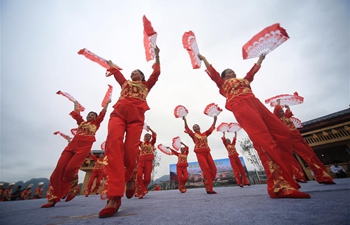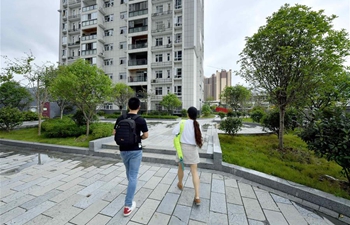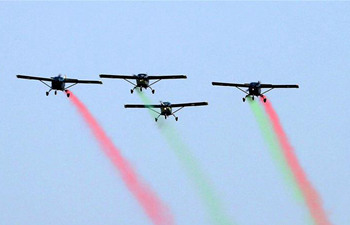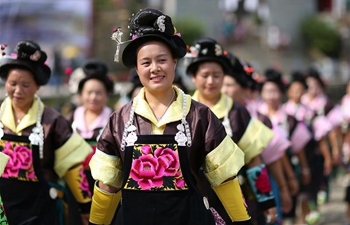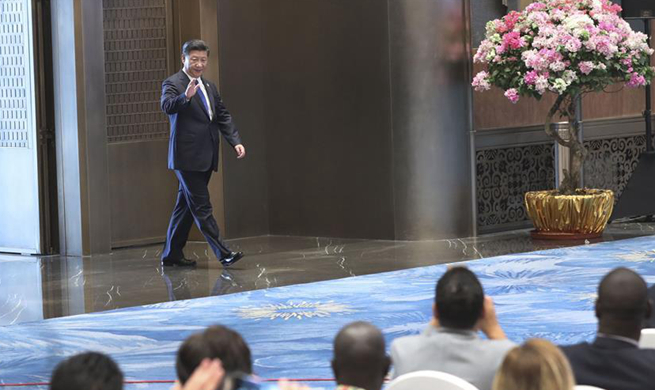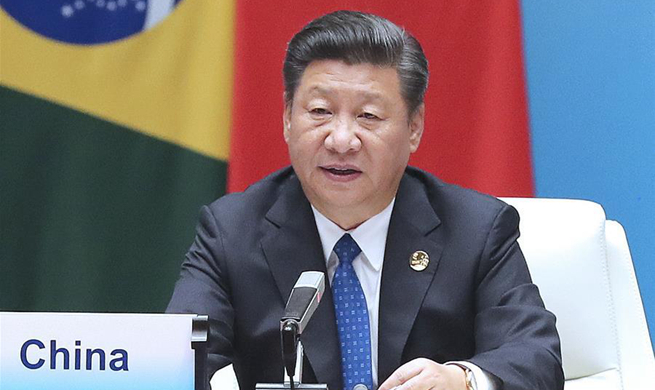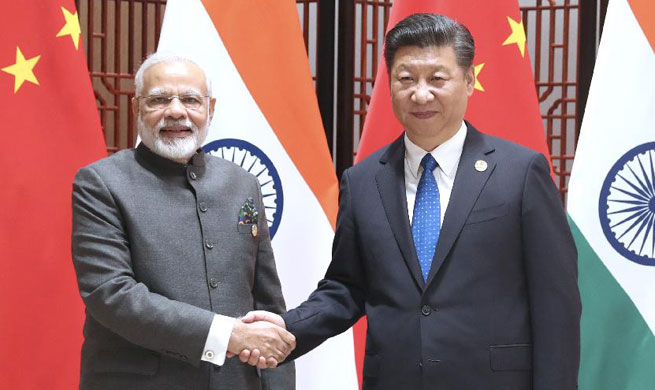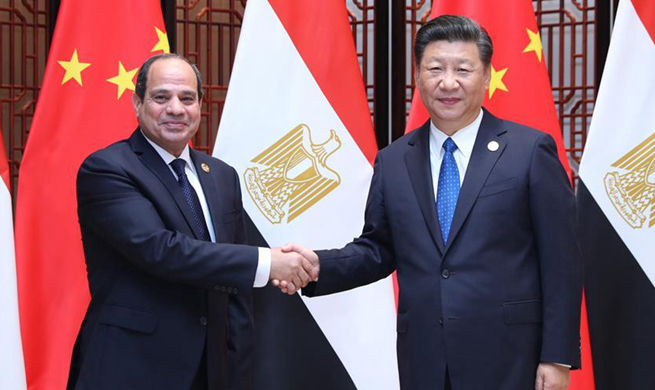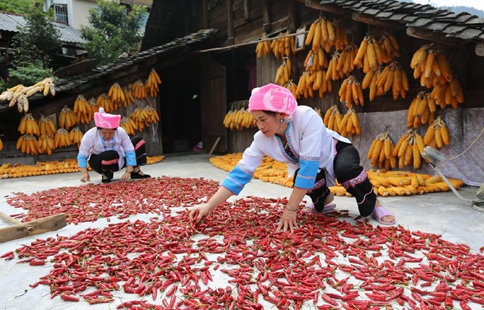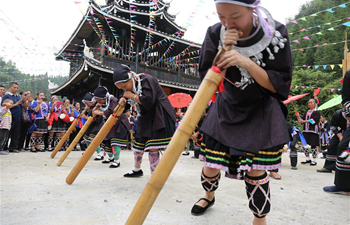by Julius Gale
JUBA, Sept. 5 (Xinhua) -- Experts and civil society groups on Tuesday urged South Sudan to delay conducting general elections early next year and instead focus on the implementation of the August 2015 peace deal to end over three years of civil war.
The South Sudanese Network for Democracy and Elections (SSuNDE), a network of more than 70 civil society organizations, said the current situation in South Sudan makes it practically impossible to conduct credible elections within the remaining time frame of the peace deal, which is set to expire in March 2018.
The activists said the country has not completed preparations of legal frameworks necessary for elections as provided for in the pact known as the Agreement on Resolution of Conflict in South Sudan (ARCSS).
"The delay to fully complete the amendments of these legislations at the moment makes it quite unrealistic for the country to conduct elections by March 25, 2018," the group said in a joint statement issued in Juba.
"In such an unsafe environment, it is evidently difficult for National Elections Commission, political parties, civic groups and electoral candidates to perform elections operations successfully," it added.
The East African country has been embroiled in the conflict that has taken a devastating toll on the people and created one of the world's fastest growing refugees crisis as some four million people have been displaced both internally and externally, according to the UN.
A peace deal signed in August 2015 between the rival leaders under UN pressure led to the establishment of a transitional unity government in April, but was shattered by renewed fighting in July 2016, and violence has spread to areas that previously enjoyed relative peace.
The pact demanded amendment of the Transitional Constitution of South Sudan 2011, which will in turn pave way for the review of the Political Parties Act, 2012 and the National Elections Act, 2012, but all have not been completed.
Micheal Makuei, Minister of Information, told reporters last week that the government would go ahead with the polls as stipulated in the agreement despite the ongoing civil war and massive displacement.
Rajab Mohandis, Executive Director of SSuNDE, argued that the violence would affect free and safe movement of elections officials, civic groups, members of political parties, electoral candidates and all their supporters.
He said a High-level Revitalization Forum, proposed by regional bloc, the Inter Governmental Authority on Development (IGAD) scheduled to take place in Juba late this month, could be used to review relevant provisions of ARCSS and agree on revised timeline not just for elections but genuine, full and realistic implementation of this peace accord.
"These challenges call for new strategies in the implementation of ARCSS. It is therefore, incumbent upon the parties to ARCSS and indeed all concerned South Sudanese to be truthful to the public about the state of affairs in the country," Mohandis said.
James Okuk, a lecturer of political science at the University of Juba, said holding elections without full implementation of the agreement maybe unrealistic because elections alone will not end the ongoing violence.
"If the elections are done within the agreement, it is not possible because it is a long process and that long process needs a lot of preconditions to be put in place. They must review the constitution including the electoral law in the country. So this is an impossible endeavor and it might not work," Okuk said.
"If they do it outside the agreement, they must come out clearly and declare the agreement dead. But this will raise the question of legitimacy. So it is more complicated to conduct elections outside the agreement than within the agreement," he added.
Okuk said the government must focus on reviving the stalled agreement and ensure that all aggrieved communities become part of the peace process before talking of elections.
"If the agreement is viable and realistic, for example in stopping the war and giving people conducive environment to rebuild their livelihoods, then it can be extended. That's why revitalization makes sense for me because if you revitalize, you make things conducive in seeing what you can do and what can't do," he stressed.




